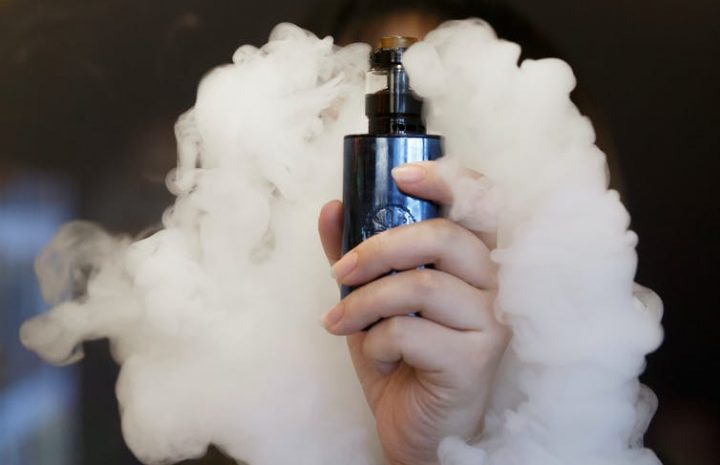Tetrahydrocannabinolic corrosive (THCA) is a non-psychoactive cannabinoid tracked down in crude and live cannabis. When warmed, THCA converts to THC, the compound liable for the psychoactive impacts of cannabis. Many individuals are turning to thca vape for its expected medicinal benefits, however this has yet to be addressed.
EmpatheticTHCA and Its Benefits
THCA is known for its calming, neuroprotective, and hostile to emetic properties. It is utilized by individuals seeking help from conditions like arthritis, constant pain, sickness, and neurodegenerative diseases. Dissimilar to THC, THCA doesn’t deliver a high, making it an alluring choice for those wanting the therapeutic impacts without the psychoactive effect.
Vaping THCA: An Outline
Vaping THCA involves heating the substance to a temperature that changes over it into THC without burning the material. This technique is well known in light of the fact that it offers a fast beginning of impacts, which can be gainful for individuals needing speedy help. Vaping additionally saves a greater amount of the cannabinoid’s properties contrasted with smoking, as it dodges ignition and the associated toxins.
Comparing Vaping to Other Utilization Techniques
- Consuming crude cannabis leaves or blossoms provides THCA in its normal structure. Juicing or blending crude cannabis is a typical strategy. This approach guarantees that THCA isn’t changed over completely to THC, maintaining its non-psychoactive properties. Nonetheless, the bioavailability of THCA may be lower contrasted with vaping, meaning that less of the compound is ingested into the circulation system.
- THCA tinctures and oils offer a helpful method for consuming THCA. These items are commonly ingested sublingually (under the tongue) or added to food and refreshments. This technique provides a more drawn out lasting impact yet may take more time to deliver results contrasted with vaping.
- Edibles infused with THCA offer another utilization technique. At the point when consumed along these lines, THCA passes through the stomach related framework, where some of it could switch over completely to THC, depending on the intensity openness during arrangement. Edibles provide a more extended length of impacts yet a slower beginning contrasted with vaping.
- The bioavailability of thca vapechanges significantly between utilization techniques. Vaping offers a higher bioavailability in light of the fact that the compound is retained straightforwardly through the lungs into the circulation system, providing speedy and proficient conveyance. This can make vaping more powerful for sure fire help.
Vaping THCA can provide medicinal benefits like other utilization techniques, with the additional benefit of fast beginning and high bioavailability. Nonetheless, the decision of technique relies upon individual requirements and inclinations. For those seeking quick help without psychoactive impacts, vaping THCA is a practical choice. In the meantime, tinctures, oils, and edibles offer elective techniques that could provide longer-lasting impacts. Understanding the distinctions can assist individuals with making informed choices about their THCA utilization for medicinal purposes.
